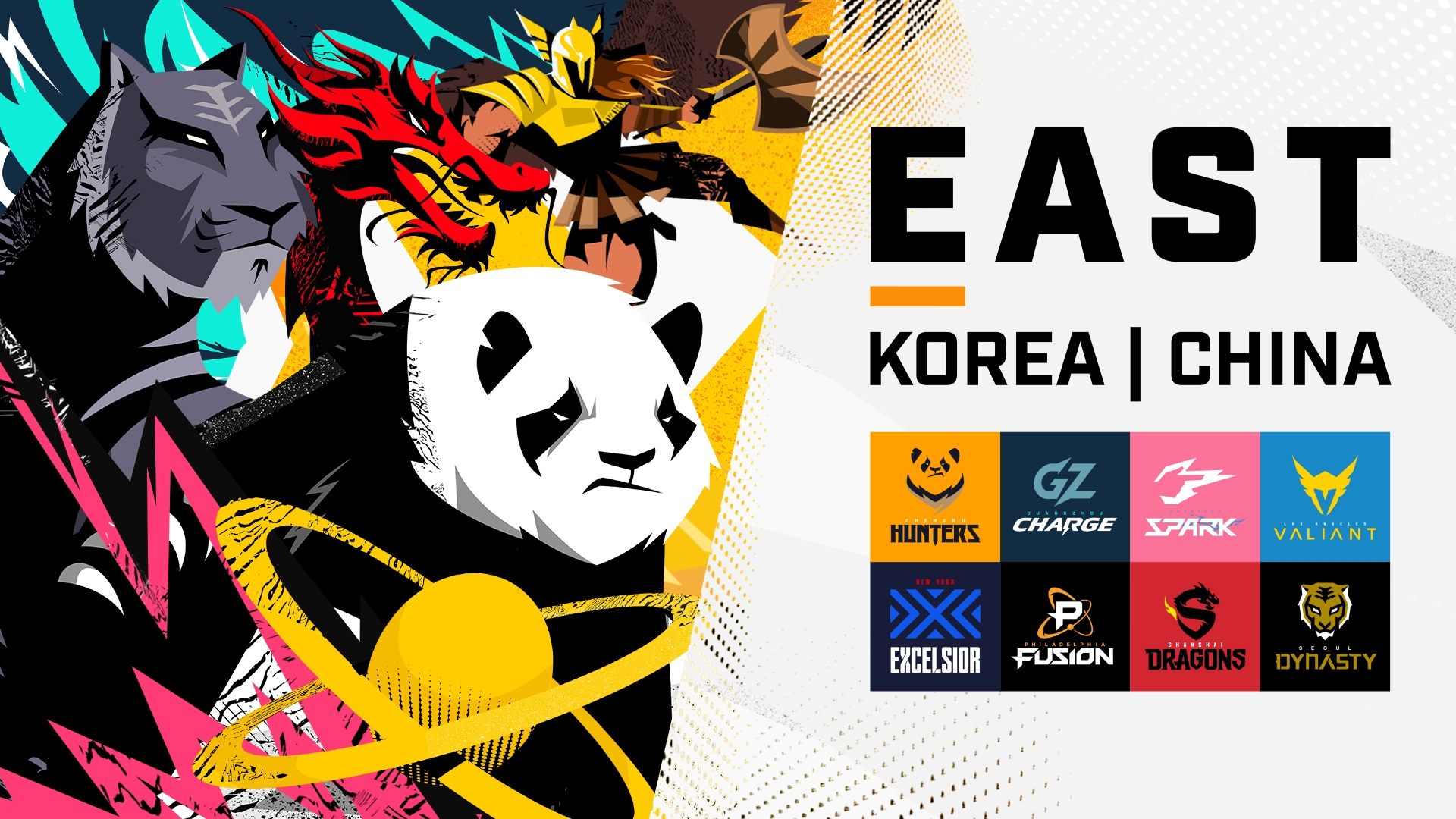
But a lot of people pay to get boosted to a very high level/skill ranking which is where the problem invades the Korean eSports scene. The biggest ratio of those who request boosting are obviously those at lower skill ratings because the price is relatively cheap and most people playing the game are located there. Initially it wasn't a serious issue in Korea as well but the whole business began to grow exponentially since LOL became a major international eSport at the later 2000s and the number of boosting companies is simply innumerable today. They are companies, each consisting of multiple people of high SR and a few managers employing them. in Korea, Boosting is not an individual act. If a machine plays instead of a person, it is called "auto"(오토), but a lot of PvP Games require such a high level of control and game understanding that machines can't be used.

In fact there is a term known as 롤 대리 Which literally translates to "LOL Substitute" but is called "League of Legend Boosting" in the English speaking gaming community. It is seen as a kind of "pay to win" strategy and is popular in games such as League of Legend and Overwatch. In English langue, it referred to as "boosting" or "elo boosting". It refers to the act of playing on someone's account and raising their ranking in ranked play, usually for money. Literally, it is an action in which the other party takes the ranking instead of yourself. Daeriraeng (대리랭): It is a fairly new internet term coined by combining the Chinese character 대리(代理) (English: "Substitute deputy proxy agent representative") with the first letter '랭' of English Word Ranking (랭킹).Let's say you are playing Mid and you are doing poorly while the enemy is doing better, in that case someone might say "omg mid gap" or "ong mid diff" as in the skill difference between midlaners.

It refers to the skill gap between the enemy and the ally.

It is a game slang that derived from League of Legends.


 0 kommentar(er)
0 kommentar(er)
